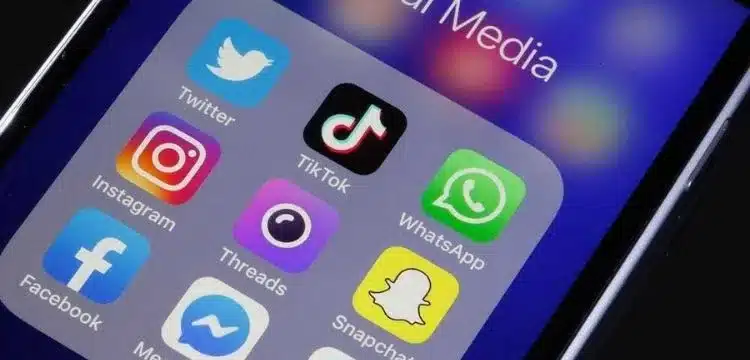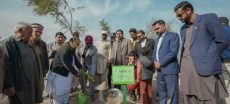[vc_row][vc_column][vc_column_text dp_text_size=”size-4″]
Individuals in Pakistan encountered challenges accessing various social media platforms on Saturday, as disruptions in internet services affected parts of the country. Complaints from citizens highlighted difficulties in connecting to popular platforms such as Instagram, Facebook, YouTube, and others.
The disruption in internet services has sparked concerns among social media users, as they find themselves unable to engage with their preferred online platforms. This unexpected hindrance has raised questions about the reliability and stability of internet services in different regions of Pakistan.
Read more : Why was internet down in Pakistan on Sunday?
Adding to the complexity of the situation, the political landscape is also impacted, with the Pakistan Tehreek-e-Insaf (PTI) announcing plans to conduct a virtual rally as part of its campaign for the upcoming general elections in 2024. The virtual rally, designed to harness the power of online platforms, is now facing potential setbacks due to the ongoing internet service disruptions.
The virtual realm has become an integral component of political campaigns, allowing parties to connect with a broader audience and disseminate their messages effectively. However, the current internet issues pose a challenge to political entities relying on digital platforms for outreach.
The PTI’s decision to leverage a virtual rally underscores the evolving nature of political communication, emphasizing the importance of online engagement. As technology continues to play a crucial role in shaping political discourse, interruptions in internet services not only impact individual users but also have wider implications for political activities, potentially influencing the dynamics of election campaigns.
In summary, the challenges faced by social media users in Pakistan due to internet disruptions have broader implications, affecting not only personal online experiences but also the virtual strategies employed by political entities in the run-up to the 2024 general elections.
[/vc_column_text][/vc_column][/vc_row]











